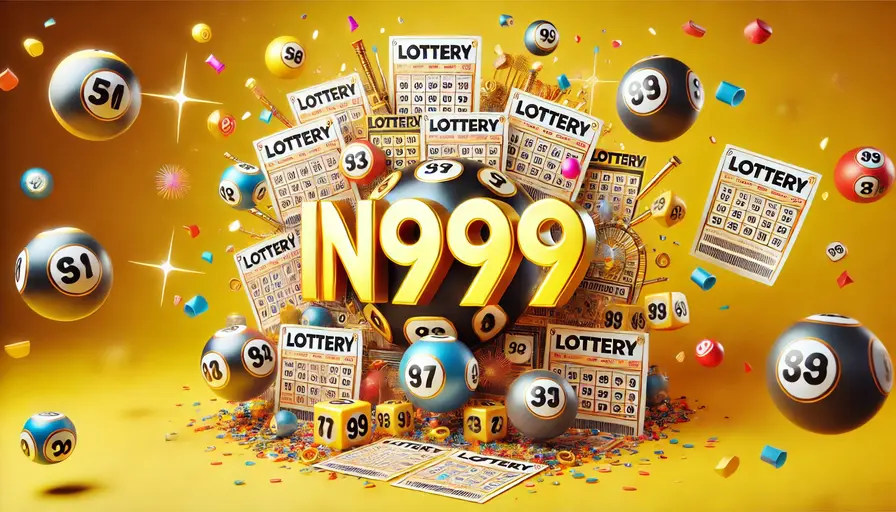Lotteries have fascinated people for centuries, in999 offering the tantalizing prospect of instant wealth with a simple ticket purchase. From state-sponsored games to international lotteries with jaw-dropping jackpots, the concept of playing for a chance at life-changing sums has become a cultural phenomenon. But what is it about lotteries that captivates us so deeply? This article delves into the history, psychology, and socio-economic implications of lotteries.
A Brief History of Lotteries
Lotteries trace their origins back to ancient civilizations. The earliest known record dates back to the Han Dynasty in China (206 BC – 220 AD), where the “keno” game was believed to help finance major government projects. In the West, lotteries gained prominence during the Roman Empire, often used for entertaining guests at banquets. By the 15th century, European countries began organizing public lotteries to raise funds for various causes, including infrastructure, education, and military efforts.
The modern lottery as we know it began to take shape in the 20th century, particularly in the United States, where state governments sought innovative ways to generate revenue without raising taxes. Today, lotteries are a multi-billion dollar industry, with jackpots reaching hundreds of millions or even billions of dollars, captivating millions of players across the globe.
The Psychology Behind Playing
At the heart of the lottery’s allure lies the psychology of hope and dreams. For many, the mere act of purchasing a ticket is an expression of optimism, a small investment in the possibility of a brighter future. Psychologists suggest that the appeal of lotteries taps into our cognitive biases, such as the “availability heuristic,” where individuals overestimate the likelihood of extraordinary events due to their vividness in media and personal anecdotes.
Additionally, the concept of “near-misses” plays a crucial role in the psychology of lottery players. When individuals come close to winning, they often feel a rush of excitement, leading them to believe they are on the verge of a big win. This phenomenon can create a cycle of continued play, as players chase the elusive jackpot.
The Impact of Winning
Winning a lottery can dramatically alter a person’s life, often in ways they never anticipated. While the initial excitement can lead to euphoria, many winners report feelings of anxiety, isolation, and even regret. Financial mismanagement is common, as individuals who suddenly acquire vast wealth may struggle to navigate their newfound financial responsibilities.
Research shows that a significant percentage of lottery winners experience negative outcomes, including divorce, bankruptcy, and mental health challenges. This phenomenon has led to calls for better support systems and financial education for winners to help them manage their wealth sustainably.
Socio-Economic Implications
Lotteries are often promoted as a way to fund public services, including education and infrastructure. However, the socio-economic implications of lotteries are complex. Critics argue that lotteries disproportionately affect low-income individuals, who may spend a higher percentage of their income on tickets in hopes of escaping poverty. This raises ethical questions about the role of government in promoting a system that can exacerbate financial hardships for vulnerable populations.
Moreover, while lotteries can generate substantial revenue for public services, the unpredictability of ticket sales can lead to funding shortfalls. This dependency on lottery revenue can undermine sustainable funding models for essential services, making them vulnerable to market fluctuations.
Conclusion
The lottery remains a powerful symbol of hope, dreams, and the possibility of financial freedom. While it offers a thrilling escape from everyday life, it also serves as a reminder of the complexities of wealth and happiness. As we continue to engage with this age-old tradition, it is essential to consider both its allure and its consequences, ensuring that the pursuit of fortune does not overshadow the importance of responsible play and financial literacy. Whether viewed as a harmless pastime or a serious gamble, the lottery will likely remain a fascinating aspect of our cultural landscape for years to come.

